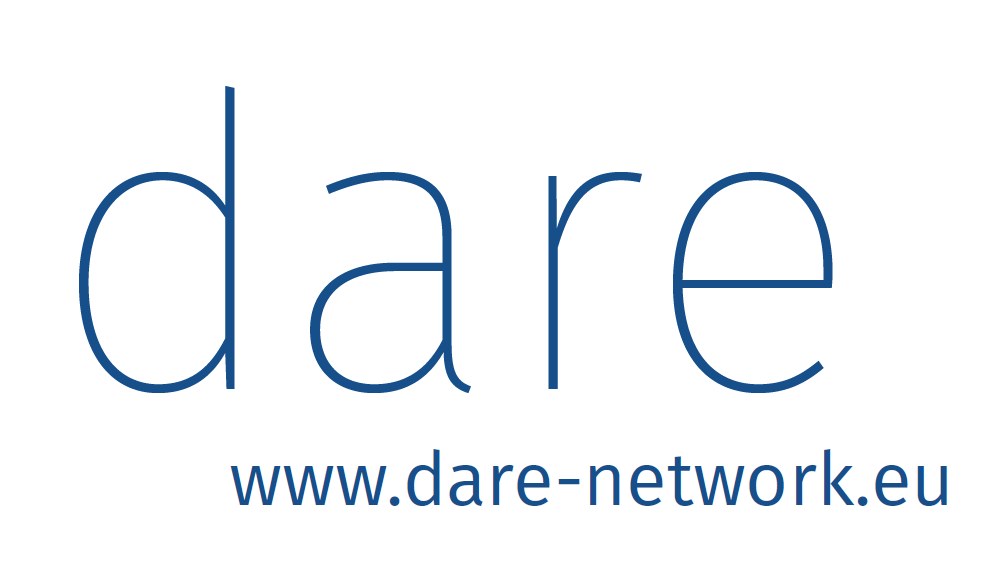
Copyright and source: Speringer&Schnelzer (2019): Selected countries in the Global North/South that have or are going to launch I4.0 related initiatives by year of policy launch and stage of implementation (Figure, assembled by the authors on the basis of different sources).
In Europe, the terminology has become a sort of mantra of economic policies and strategies, ensuring and securing the basis for economic leadership. Speringer and Schnelzer (2019), in their study on Industry 4.0 strategies, demonstrate that the story of global competitiveness in new industry models is questionable and must be reflected on, in order to not perpetuate market dominant narratives of well-developed countries.
Contents
Goals
- Exploring and understanding from an economic perspective the aspect of competitiveness as a dominant priority of political strategies in regards to the digital economy within the EU.
How these have impact the dominance of economic power on a global scale is explored below.
Steps
1. Explore the concept of the four industrial revolutions, maybe by including sources from your national context.
The Four Industrial Revolutions
First Industrial Revolution: (steam-powered) machine production.
Second Industrial Revolution: technological revolution through transport and communication networks and increasing electrification.
Third Industrial Revolution: Digital revolution by the introduction of computing.
Fourth Industrial Revolution: Coined by the World Economic Forum chair Klaus Schwab: “a fusion of technologies that blurs the lines between the physical, digital, and biological spheres” by broadly networked and platformed computing and application of AI.
2. Many countries have set up initiatives to foster the adoption of Industry 4.0 technologies in Europe but also other parts of the world, like South Korea and South Africa.
3. Think with your group about development chances and the goals of such strategies.
4. Since the idea of a participatory and democratic governance of digitalisation seeks to ensure global fairness and shared benefit, compare this assessment with the ROAM-X principles. You may use additional maps that investigate factors of full enjoyment of digitalisation on a global scale.
Reflection
- What if the opportunities provided benefit only certain societies?
- What if starting positions are unequally distributed?
- How are goals and aims of global education for democratic citizenship relevant here?
- Does digital transformation offer tools to counteract the replication of global injustices?
Reference
- Speringer, M.,Schnelzer, J. (2019), Differentiation of Industry 4.0 Models. The 4th Industrial Revolution from different Regional Perspectives in the Global North and Global South, In: Regional Academy on the United Nations (RAUN) (Eds.) 2019. Innovations for Development: Towards Sustainable, Inclusive, and Peaceful Societies. Vienna. Accessible at: http://www.ra-un.org/publications.
- Klaus Schwab: The Fourth Industrial Revolution: what it means, how to respond


